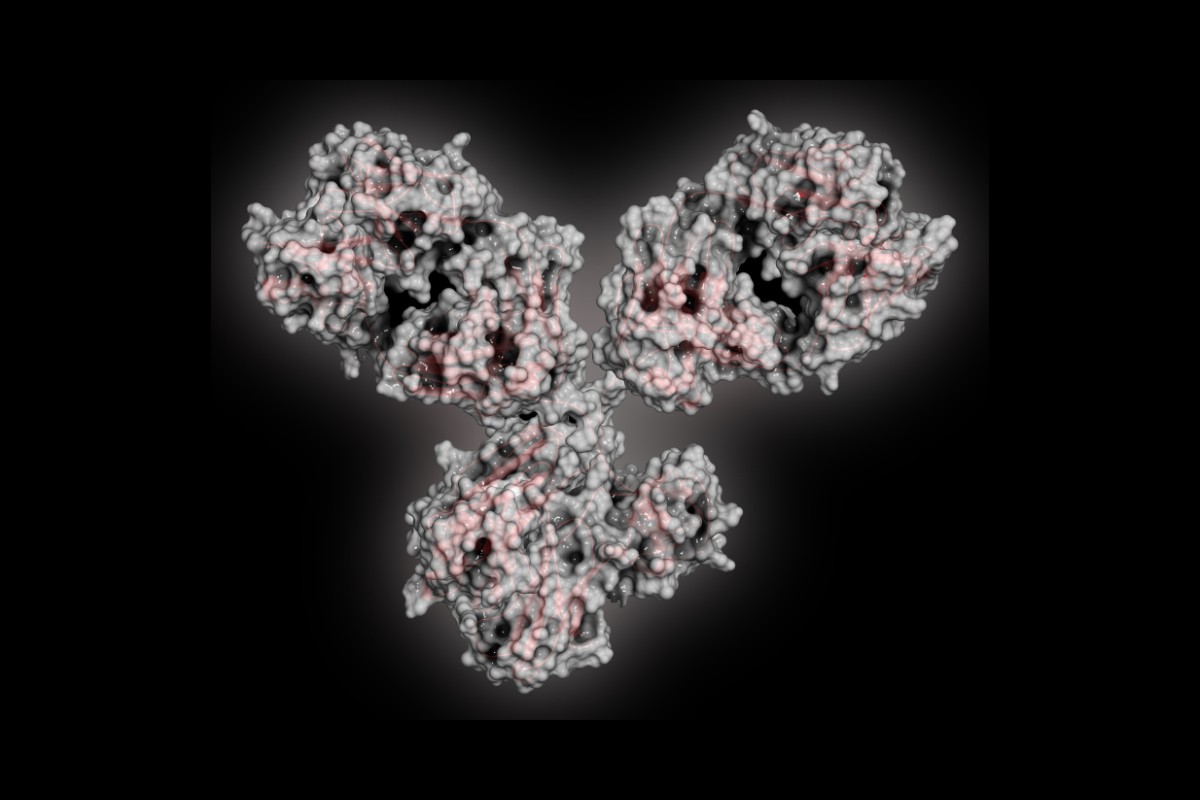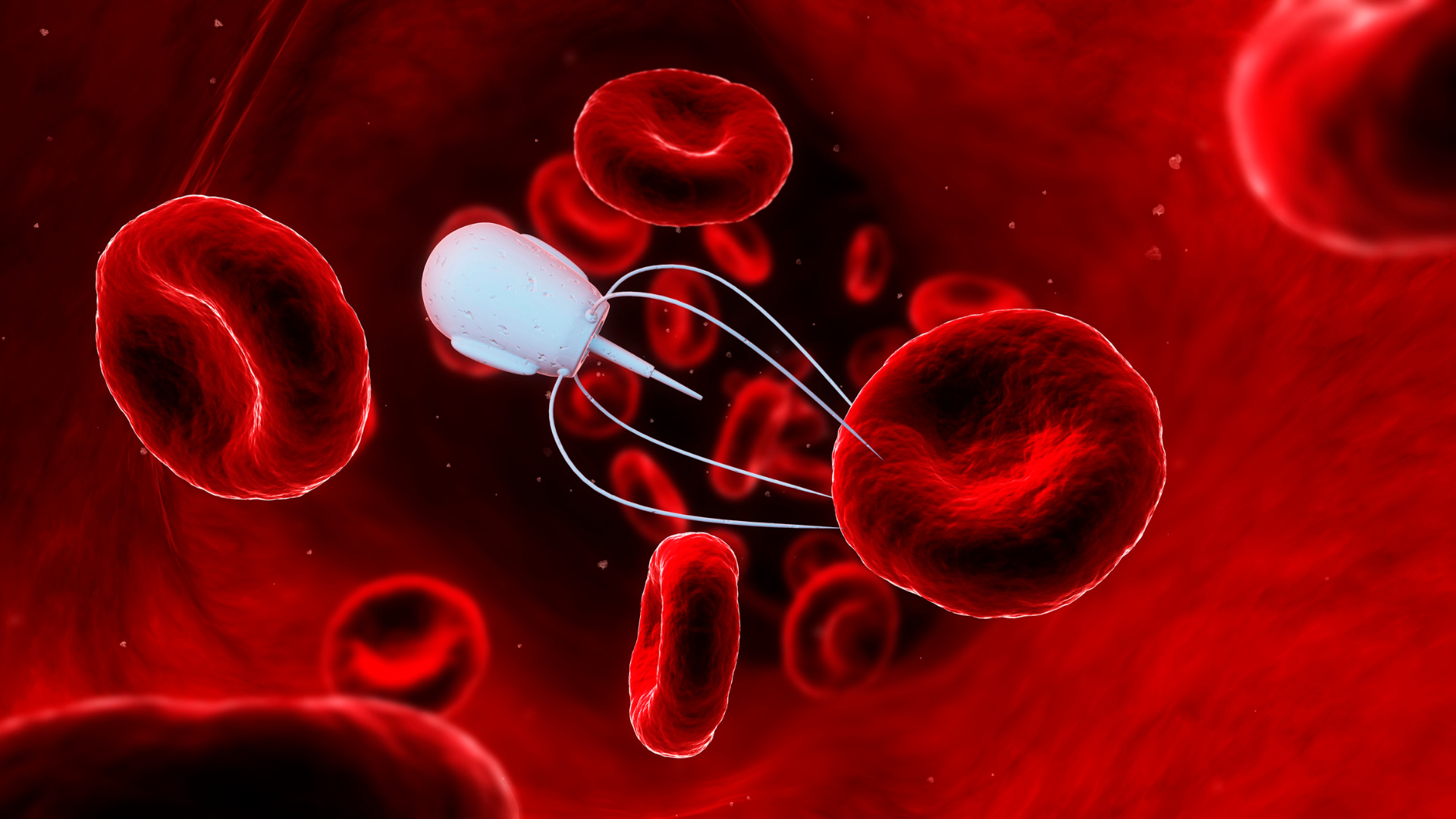Next-Generation Cancer Treatment Shows Promising Results: CRB-701 Hits Milestones in First-In-Human Study

In a significant stride towards combating metastatic urothelial cancer (mUC) and other solid tumours, Corbus Pharmaceuticals Holdings, Inc. has unveiled encouraging data from the initial phases of the first-in-human clinical study of CRB-701 (SYS6002).
CRB-701 is a next-generation antibody-drug conjugate (ADC), using a site-specific, cleavable linker with a homogenous drug antibody ratio of 2, using MMAE as the payload.
The study, presented at the 2024 American Society of Clinical Oncology Genitourinary Cancers Symposium (ASCO GU), sheds light on the potential of CRB-701 as a next-generation treatment option.
The Phase I dose escalation study, conducted in China in collaboration with Corbus's development partner CSPC Pharmaceutical Group, targets patients with mUC and other solid tumours identified with nectin-4 positive expression. Nectin-4 is a clinically validated tumour-associated antigen, making it an ideal target for innovative cancer therapies.
One of the most promising aspects of CRB-701 is its safety profile. The data revealed that the treatment was well-tolerated by participants, with the majority of adverse events being grade one or two and reversible. Crucially, no adverse events above grade three were observed, and there have been no dose discontinuations or reductions to date. These findings underscore the potential of CRB-701 as a safe and effective treatment option for patients with advanced cancers.
In terms of efficacy, CRB-701 has demonstrated impressive results. The study showed a 43% Objective Response Rate (ORR) and 71% Disease Control Rate (DCR) at predicted therapeutically relevant doses on a Q3W schedule. This suggests that CRB-701 has the potential to not only halt the progression of tumours but also induce significant tumour regression in some cases.
Furthermore, CRB-701 exhibited a differentiated pharmacokinetic (PK) profile compared to existing treatments. The drug demonstrated lower free MMAE concentrations when compared to exposures achieved with enfortumab vedotin (EV), a currently approved treatment for mUC. Importantly, no cases of drug-related peripheral neuropathy or skin rash were reported, indicating a favourable safety profile for CRB-701.
Yuval Cohen, Chief Executive Officer of Corbus, expressed optimism about the potential of CRB-701, stating, "CRB-701 with its novel antibody and next-generation linker technology appears to have a differentiated PK profile compared to EV, with a current safety profile devoid of peripheral neuropathy and skin rash, both dose-limiting toxicities for EV."
Daniel P. Petrylak, Professor of Medicine and Urology at Yale School of Medicine, emphasised the importance of the clinical responses observed with CRB-701, stating, "the early clinical safety provides the first evidence that CRB-701 has clinical activity in multiple nectin-4 expressing tumours. This justifies further investigation into the safety and efficacy of this promising compound."
As the study progresses, Corbus Pharmaceuticals is gearing up to commence a clinical trial in the United States in Q1 2024 under an already open IND. With ongoing dose escalation and expansion, CRB-701 holds promise as a next-generation treatment for patients battling advanced cancers.





